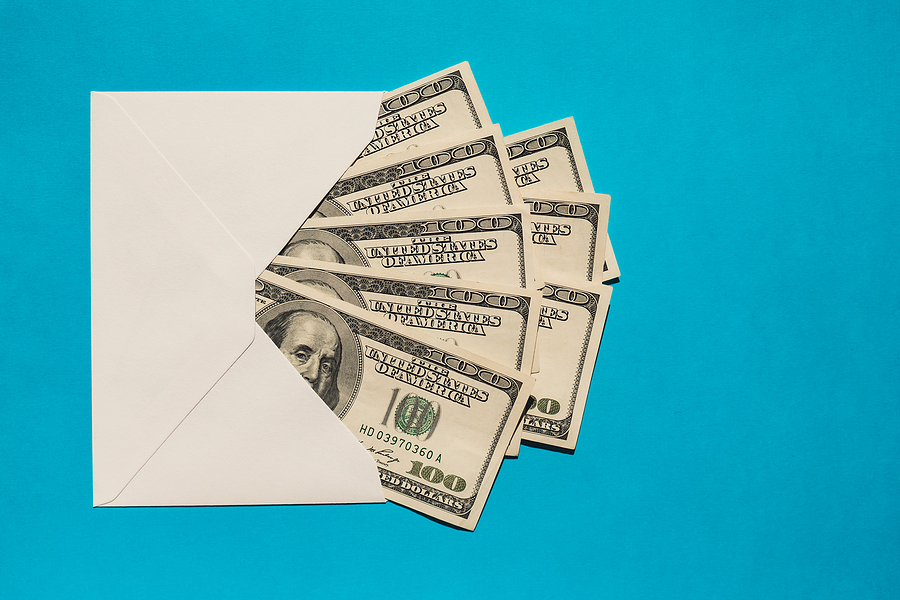
PayPal money request scams are affecting small businesses in Northeast Ohio. An eagle-eyed client of ours recently avoided losing several hundred dollars by recognizing a fake money request.
What is a PayPal money request?
PayPal money requests are exactly what they say: a way for friends, family, or anyone to invite you to send them money in a reasonably secure way.
They’re not invoices, payment demands, or receipts. They’re also not related to any existing purchase you did or didn’t make via PayPal or anywhere else. Keep this in mind if you receive an unexpected request.
How does the money request scam work?
The scam works like this :
- The scammer creates a PayPal account and uses PayPal’s “money request” service to send you an official PayPal email asking you to send them some funds. Friends can use this service as an informal but relatively safe way of splitting expenses after a night out, asking for help paying a bill, or even to get paid for small tasks such as cleaning, gardening, pet sitting, and so on.
- The scammer makes the request look like an existing charge for a genuine product or service, though not one you actually ordered, and probably for what looks like an unlikely or unreasonable price.
- The scammer adds a contact phone number into the message, apparently offering an easy way to cancel the payment request if you think it’s a scam.
Since the email actually does originate from PayPal, the sender’s address is legitimate. The twist is that the scam urges you call the crooks, rather than reply to the email itself.
In our client’s case, he ended up making the phone call. After receiving the email, he signed into his account from the PayPal website and confirmed the transaction ID (which matched the ID in the email). From there, he decided to pick up the phone. The person on the other end started asking personal questions not related to the “transaction”. Our client hung up, called us, and together we identified it as a scam. Fortunately, no money changed hands.
What should I do?
The quickest and easiest thing to do, of course, is nothing. If you do nothing, the scam fails. The good news is that you probably were not personally targeted. Instead, your email address was likely one of thousands the scammers tried in hopes of catching one or two victims.
If you see a transaction in your PayPal account that you didn’t authorize, you can click the Cancel button and the transaction will be terminated.
Resist the temptation to call the criminals back. If you establish direct contact, they’ll try to trick you into revealing personal information to use in future scam attempts.
You can also report scam requests to PayPal by forwarding the suspicious email to phishing@paypal.com. This may help get the offending account closed down and ensure that no one else either pays up through fear or calls the given phone number “just in case”.
If you’d like to know more about how CRU Solutions can help keep your business safer, contact us.